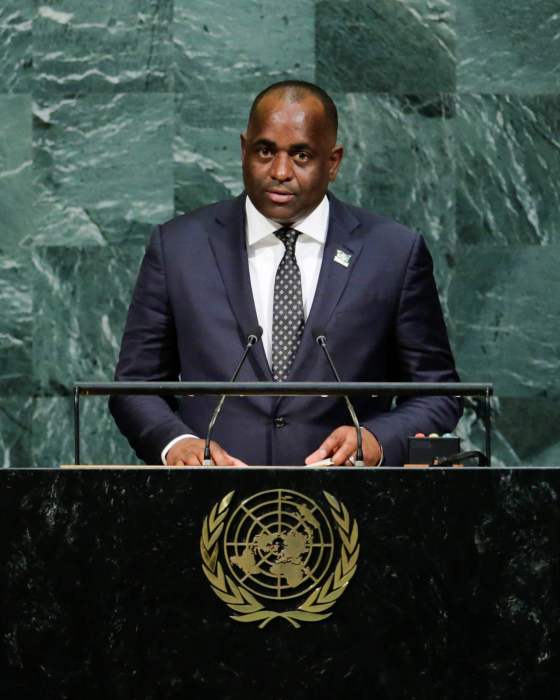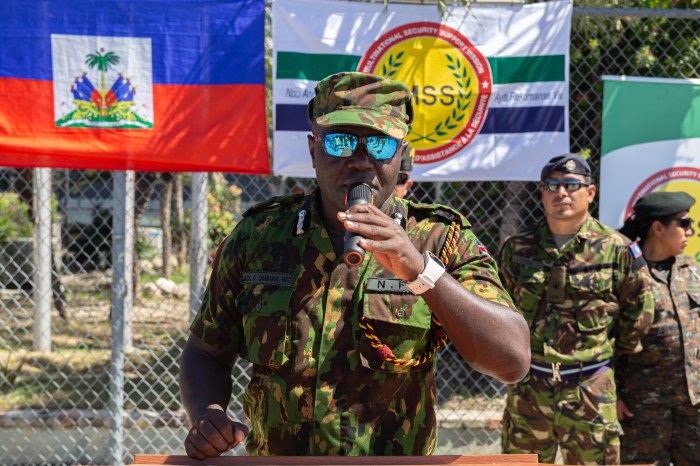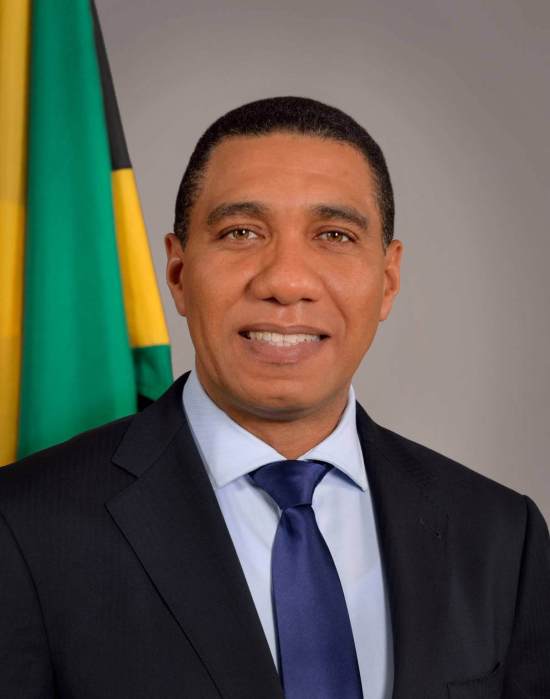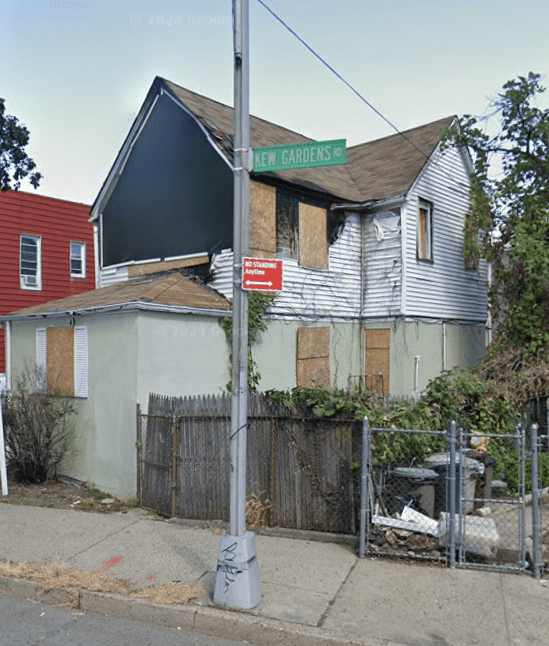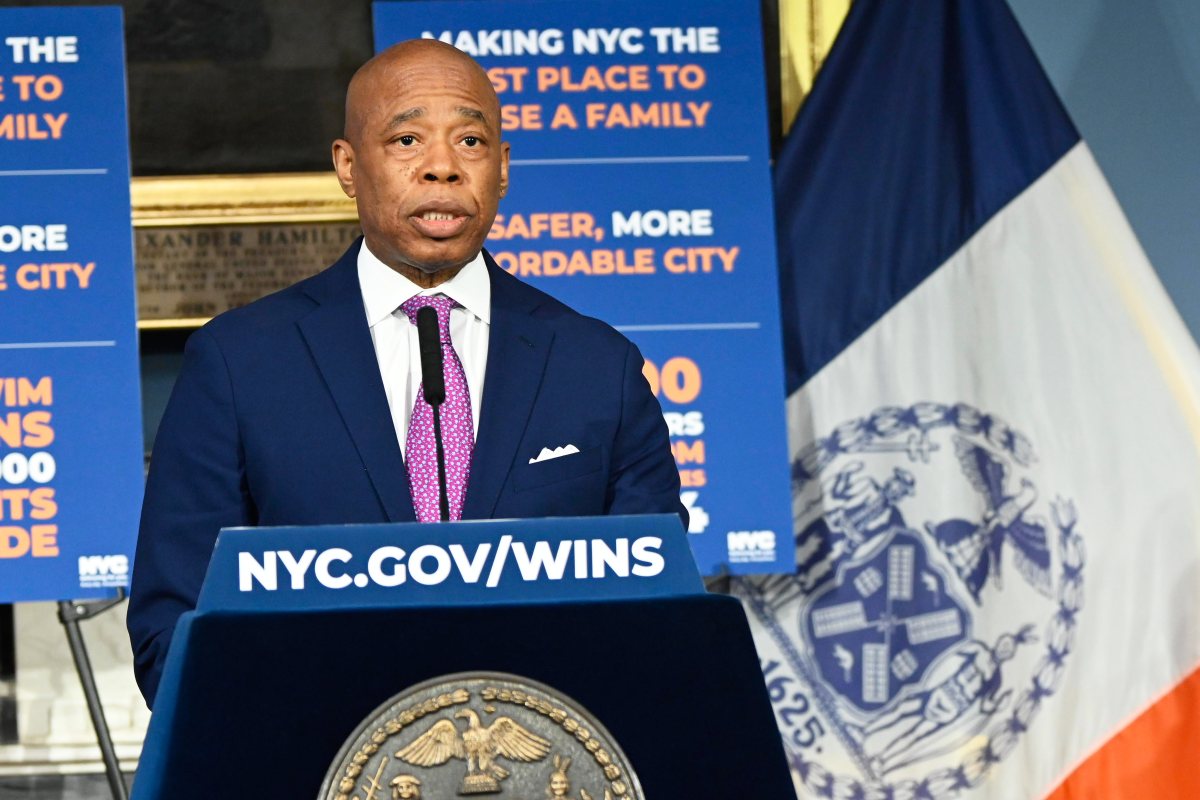The United States Department of State says that US and Caribbean officials on Thursday, Nov. 16 convened the 11th High Level Caribbean-US-Security Cooperation Dialogue in Castries, St. Lucia.
The State Department said St. Lucia hosted the Dialogue, which the United States, the Caribbean Community (CARICOM) and the Dominican Republic co-chaired.
“Under the auspices of the Caribbean Basin Security Initiative (CBSI) and the Caribbean-United States Framework for Security Cooperation, the Caribbean-US Security Cooperation Dialogue convenes annually to advance cooperation on regional security challenges, review progress under CBSI, and set CBSI priorities for the following year,” said the State Department in a statement.
It said discussions centered on US-Caribbean cooperation to address firearms trafficking, counter transnational organized crime, strengthen maritime security, and prevent youth crime and violence through CBSI.
The State Department said the dialogue also included Caribbean regional and national-level efforts to address trafficking in persons, irregular migration, and recommendations for further progress.
The United States, CARICOM and the Dominican Republic heads of delegation unanimously adopted the dialogue joint statement, which sets out Caribbean and US priorities for security cooperation through CBSI for the next year, the State Department said.
It said the joint statement also welcomes the authorization, under Chapter VII of the UN Charter, of a Multinational Security Support (MSS) mission in Haiti.
Deputy Assistant Secretary for Caribbean Affairs and Haiti Barbara A. Feinstein led the United States delegation, which included representation from the Bureau of International Narcotics and Law Enforcement Affairs; the United States Agency for International Development; the Office to Monitor and Combat Trafficking in Persons; Customs and Border Protection; Bureau of Alcohol, Tobacco, Firearms and Explosives; Homeland Security Investigations; and Department of Defense.
On US-Caribbean cooperation to stop firearms trafficking, the State Department said the United States and the Caribbean jointly prioritize disrupting illicit firearms trafficking, “an important aspect of our cooperation to address rising levels of crime and violence in the region.”
It said it works with US law enforcement and border security agencies, and Caribbean counterparts and regional institutions to “build Caribbean capacity to detect and interdict illegally-trafficked firearms and ammunition, and promote coordination and information sharing between law enforcement and border security agencies.
“The Caribbean Community, the Dominican Republic and the United States are dedicated to partnership and addressing our shared responsibility to fight illicit trafficking in firearms,” the State Department said.
In April, US and Caribbean firearms authorities convened a technical working group meeting in Trinidad and Tobago, where they reaffirmed their commitment to implement the Caribbean Firearms Trafficking Priority Actions developed under the auspices of the CBSI.
Signed into law in July 2022, the State Department said the Bipartisan Safer Communities Act “dramatically increased criminal penalties for straw purchasers and US-sourced firearms trafficking.”
Provisions under the “Stop Illegal Trafficking in Firearms Act” assign further penalties for smuggled firearms or ammunition out of the United States with intent to support transnational organized crime.
In June 2023, US Vice President Kamala Harris, whose father is retired Jamaican economist Donald Harris, announced that the US Department of Justice (DOJ) would announce a Coordinator for Caribbean Firearms Prosecutions.
That same month, the DOJ appointed an experienced prosecutor to the role to elevate firearms trafficking investigations and prosecutions, and help implement the provisions of the Bipartisan Safer Communities Act.
In November 2022, the CARICOM Implementational Agency for Crime and Security (IMPACS), with US interagency support, inaugurated a Caribbean Crime Gun Intelligence Unit (CCGIU) to improve intelligence and information sharing among Caribbean and U.S. law enforcement agencies.
The US Department of State said the US Bureau of Alcohol, Tobacco, Firearms, and Explosives (ATF) and Haitian National Police were expected to sign on Thursday a memorandum of understanding to facilitate law enforcement information sharing through the ATF eTrace system.
The Department said the use of the eTrace system can help identify potential gun traffickers and suspects in criminal investigations involving firearms.
It said it also supports ongoing collaboration between Homeland Security Investigations (HSI) and the Haitian National Police to develop a Transnational Criminal Investigative Unit (TCIU) to facilitate investigations and prosecution of transnational crimes, including investigations with a US nexus.
“The TCIU will focus on investigating firearms and ammunition smuggling, human trafficking and transnational gang activity,” the State Department said.
It said that, in Fiscal Year 2023, HSI’s Caribbean Firearms Initiative contributed to regional security through partnerships with Caribbean law enforcement and Customs agencies, collectively seizing 344 firearms, 224,438 rounds of ammunition, and US$391,132.00.


